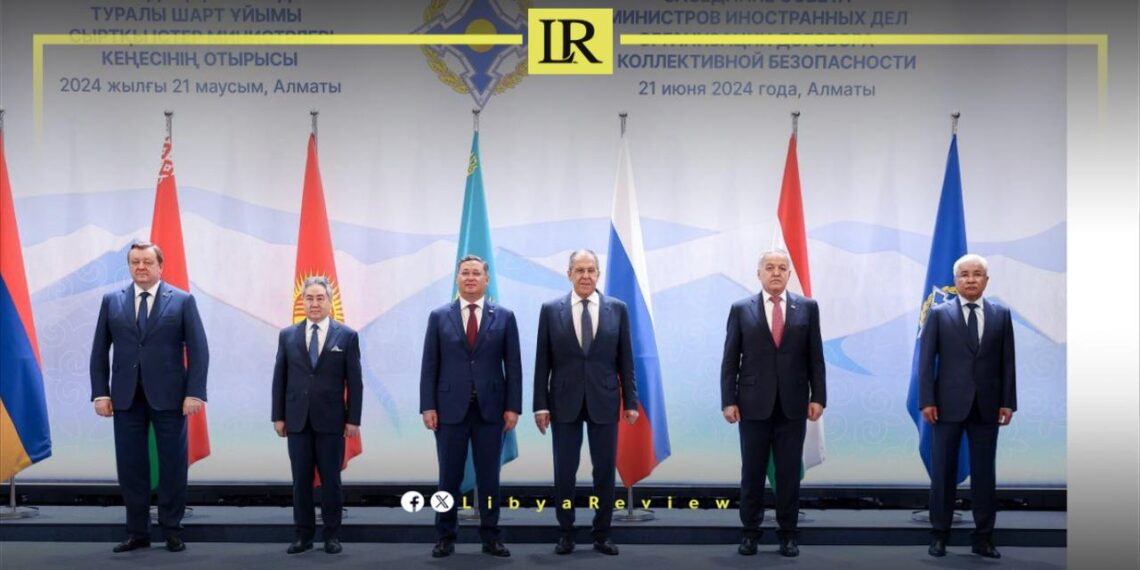On Saturday, the Foreign Ministers of the Collective Security Treaty Organization (CSTO) expressed their deep concern over the continued instability in Libya, which has persisted for over a decade. In their statement, they reaffirmed their commitment to Libya’s unity, sovereignty, and territorial integrity.
In their final communique, the ministers emphasized their support for the political process led and executed by Libyans with the assistance of the United Nations. They urged all parties to continue consultations to create the necessary conditions for holding free and fair elections in the country.
Libya has been in a state of turmoil since the 2011 NATO-backed uprising that resulted in the overthrow and death of longtime leader Muammar Gaddafi. Following his removal, the country descended into chaos, with rival administrations emerging in the east and west, each supported by different militias and foreign governments. This fragmentation has led to a prolonged conflict that has severely disrupted Libya’s political stability, economic development, and social fabric.
The international community, including the United Nations, has been actively involved in efforts to stabilize Libya. Various dialogues and agreements facilitated by the UN have aimed to foster a political solution to the conflict. However, progress has been slow, hindered by entrenched rivalries and the complex dynamics of local and international interests.
The CSTO’s statement underscores the importance of a Libyan-led political process, aligning with the broader international consensus that sustainable peace in Libya can only be achieved through inclusive political dialogue that respects the country’s sovereignty and territorial integrity.
The call for free and fair elections is particularly crucial. Elections are seen as a vital step toward restoring legitimate governance in Libya. However, organizing such elections has been challenging due to disputes over the legal framework, security issues, and the need for widespread political and social reconciliation.
Libya’s instability has had significant repercussions for the Middle East and North Africa (MENA) region. The power vacuum and lawlessness in Libya have facilitated the rise of militant groups, exacerbated the migrant crisis, and destabilized neighboring countries. A stable and unified Libya is therefore essential for regional security and stability.
The CSTO’s involvement and expression of concern highlight the geopolitical importance of Libya. While the CSTO is primarily a Eurasian security alliance, its members recognize that instability in the MENA region can have global repercussions. By supporting UN-led efforts and advocating for a Libyan-driven political process, the CSTO aims to contribute to broader international efforts to stabilize the region.


